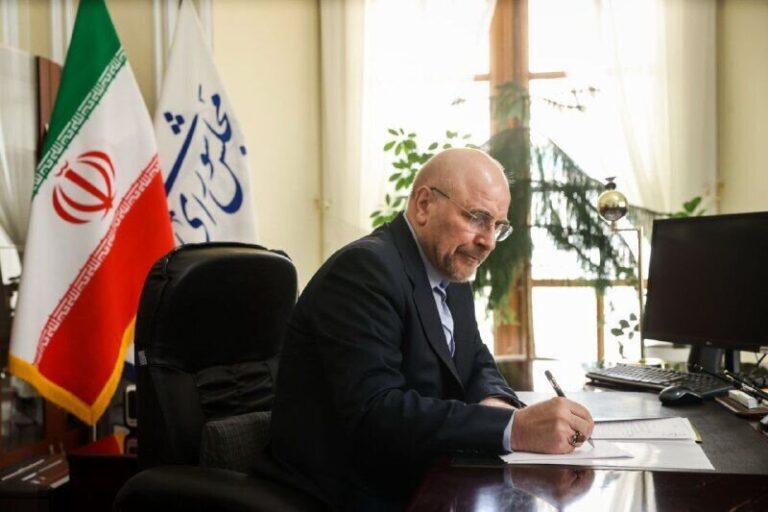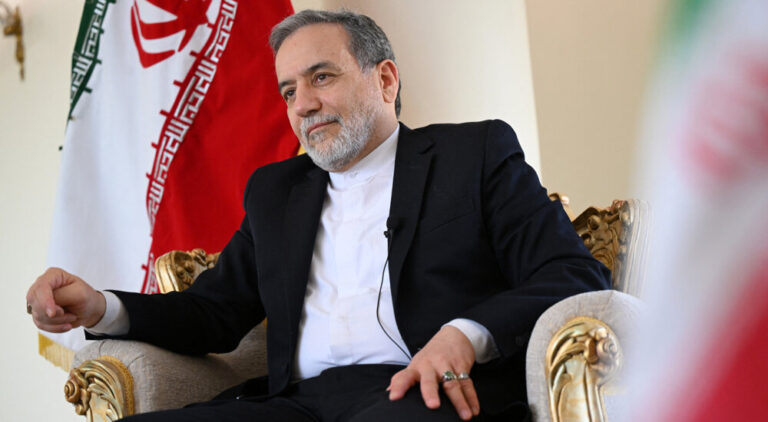Netanyahu Defies ICC Arrest Warrant with Bold Visit to Budapest
Israeli Prime Minister Benjamin Netanyahu has embarked on a significant four-day state visit to Hungary, marking a pivotal moment in international relations amid ongoing controversies. This visit is especially notable as it is his first trip to Europe since the International Criminal Court (ICC) issued an arrest warrant against him in November of last year, relating to serious allegations of war crimes in Gaza.
Details concerning Netanyahu’s itinerary in Hungary have yet to be disclosed; however, he is anticipated to engage in discussions with Hungary’s top officials, as reported by Anadolu news agency. This visit is set against a backdrop of heightened scrutiny and calls from human rights organizations for accountability.
- Netanyahu’s Historic Visit: This marks his first appearance on European soil since the ICC’s arrest warrant.
- Legal Concerns: The ICC had previously issued warrants for Netanyahu and his former War Minister Yoav Gallant.
- Human Rights Groups’ Stance: Organizations such as Amnesty International and Human Rights Watch urge Hungary to act on the arrest warrant.
As tensions escalate, the implications of Netanyahu’s visit extend beyond mere diplomacy. The ICC’s action against him stems from grave allegations regarding Israel’s military operations in Gaza, which have reportedly resulted in the deaths of over 50,400 individuals since the onset of hostilities on October 7, 2023, initiated by the Palestinian Islamic Resistance Movement, Hamas.
The Israeli government is currently facing a genocide case at the International Court of Justice, bringing further attention to its actions in the region. The situation remains volatile, with international observers keenly monitoring Netanyahu’s engagements during his time in Hungary.
While the focus of this visit may be diplomatic, the underlying legal challenges and humanitarian concerns loom large. As Netanyahu meets with Hungarian officials, the response from the international community will likely shape future discussions surrounding accountability and justice in relation to the ongoing conflict in Gaza.
In summary, Netanyahu’s state visit to Hungary is laden with implications, both politically and legally. As he navigates discussions with European leaders, the call for accountability from human rights advocates continues to persist, placing a spotlight on the broader issues of justice and human rights in conflict zones.
As Netanyahu’s visit progresses, the world will be watching closely, not only for the outcomes of his meetings but also for Hungary’s response to the ICC’s warrant. The actions taken by Hungary in this context could set significant precedents for international law and the treatment of leaders facing serious accusations.
In conclusion, while the details of Netanyahu’s schedule in Hungary remain undisclosed, the ramifications of his visit are profound. It serves as a reminder of the ongoing struggle for justice and the complexities of international relations in a world where human rights remain a critical concern.
For those interested in the developments surrounding this high-profile visit, staying informed through trusted news sources is essential. The intersection of diplomacy and legal accountability will likely continue to be a focal point in discussions about the Israeli-Palestinian conflict and the broader implications for international law.
As this story unfolds, we encourage readers to engage with the ongoing discourse surrounding human rights, justice, and international relations. The situation remains fluid, and each new development could have far-reaching consequences for both Israel and the global community.






